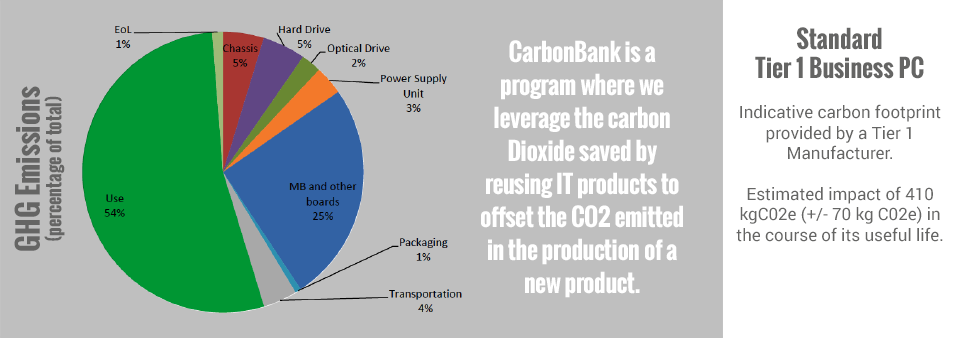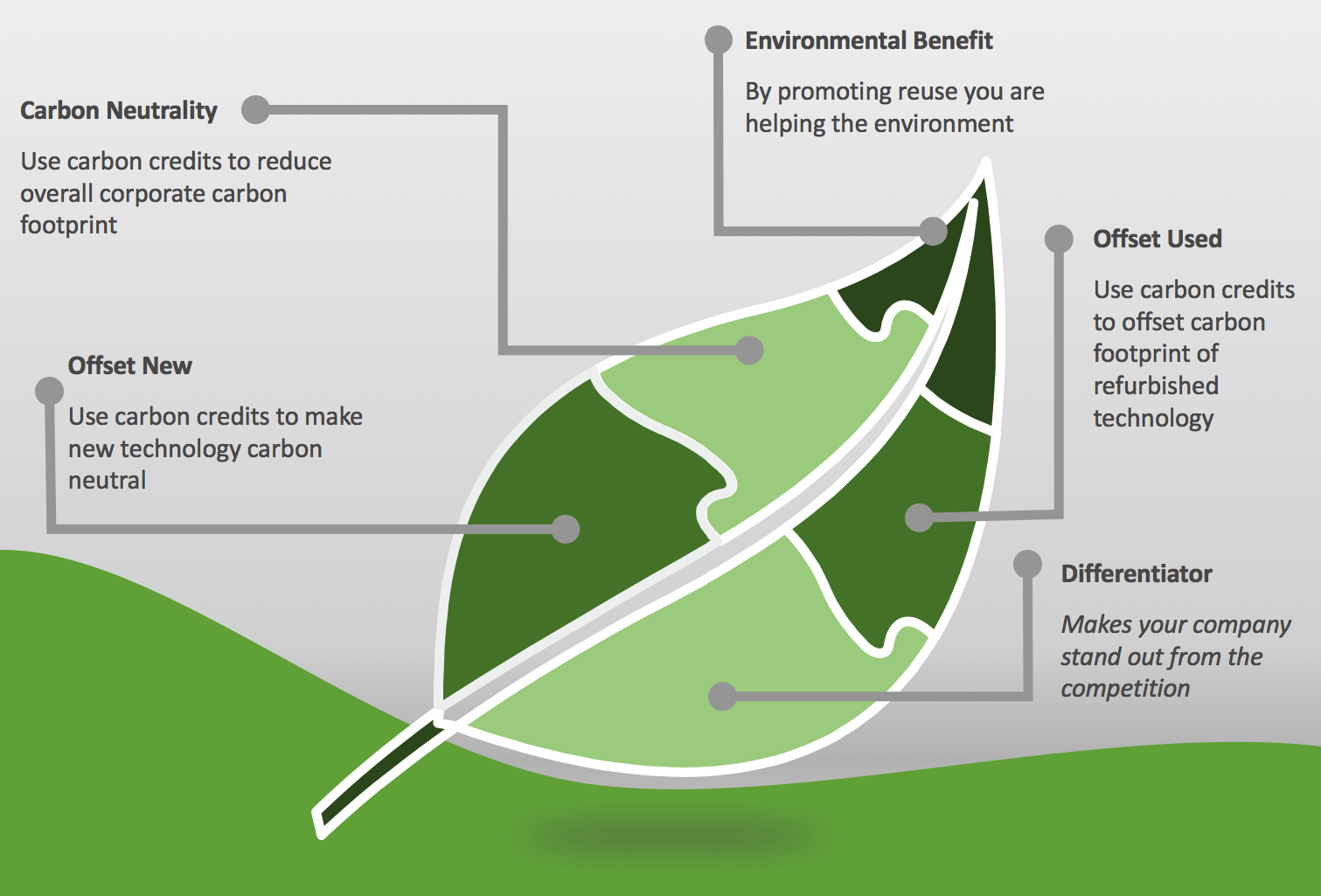

-


One of these markets is Carbon offsets or credits.
Quite simply, carbon credits (also known as carbon offsets) are financial units of measurements that represent the removal of one tonne of carbon dioxide (tC02e) from the atmosphere. Carbon credits can be bought to offset the carbon emissions that a party is generating.
Carbon credits make up a trading system that creates financial incentives to reduce greenhouse gas emissions. Participating organizations are capped in either a mandatory (government-regulated) or voluntary system. Governments can issue allowances or quotas. Participants that keep your emissions under the cap can earn carbon credits, and organizations above the cap buy carbon credits to offset your surplus of emissions. Thus, for companies or organizations that stay under the cap, there is a financial reward in selling the credits. The farther under the cap, the more financial benefit. The overall goal is to reduce emissions. Part of the carbon credit trade includes the “offset market” – companies or organizations that run greenhouse gas reduction programs, amassing carbon credits and selling them to other companies and organizations. This occurs especially in the voluntary market as companies and organizations are beginning to see the value of greener business practices and emission reductions, especially from a marketing point of view.
Projects vary in quality and yield. There are some certification methods, especially in the Kyoto Protocol regulated markets. Generally, quality is determined by additionally, promoter credibility, transparency of processes, absorption or reduction assessments by third parties, well-kept records, and quantification protocols.
In North America, carbon credits can be purchased by the government, industries and private individuals to compensate for the carbon emissions that they are themselves generating. In certain cases, purchasing carbon credits can prove to be less expensive than actually reducing greenhouse gas emissions.
Of course, by its own buying carbon credits will not reduce greenhouse gas emissions since the only way to reduce emissions is by… well… actually reducing them. That being said, buying credits actually plays a very big role in balancing the carbon footprint until more severe, drastic measures to reduce it are implemented worldwide.
After learning more about carbon credits it is quite easy to forget about this topic and move on. Going on with your life the way you have always done is much easier than changing something that you don’t like about it.
While most people will do just that, some people won’t. If you are among those people, here are a few more reasons why your business would benefit from reducing emissions and supporting the carbon market:
It shows leadership; It makes you more desirable in the eyes of consumers who are environmentally conscious; it helps you prepare for future regulations; It allows you to save money on energy bills.
They are not a solution, but simply an incentive for companies to decrease your role in the changing of our climate, and increase your role in proactivity. In terms of managing a company’s carbon footprint, carbon credits are a cost effective and socially responsible option
To Learn more about Carbon offsetting, check out this great article by David Suzuki.
http://www.davidsuzuki.org/issues/climate-change/science/climate-change-basics/carbon-offsets/
